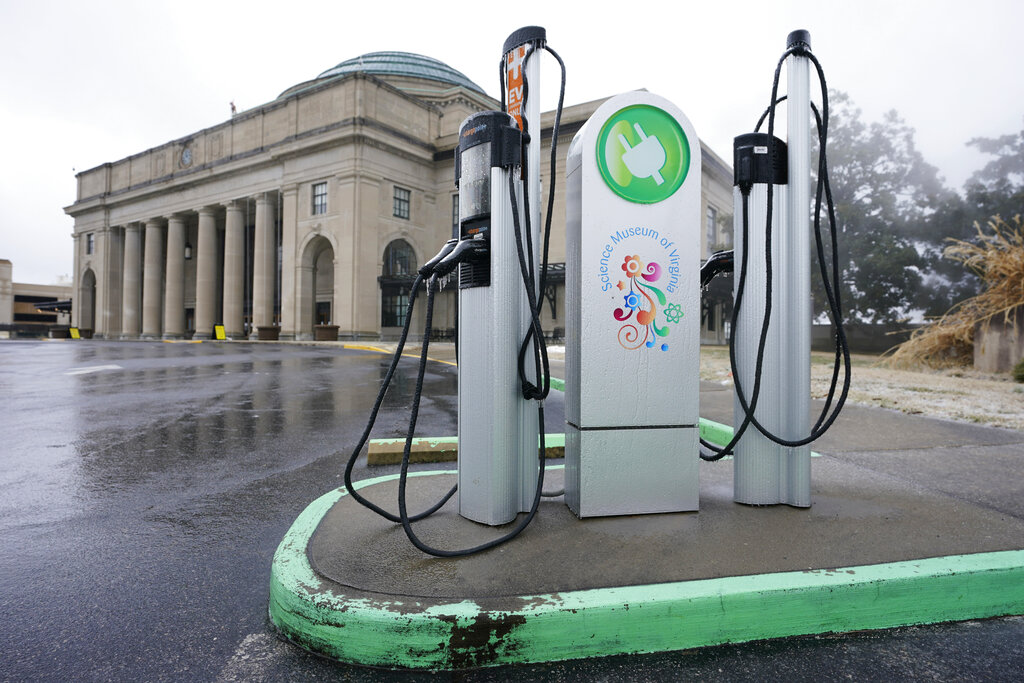HARRISONBURG, Va. (ROCKTOWN NOW) – The U.S. Department of Energy (DOE) announced $18.6 million for 15 projects that will drive innovation in equitable clean transportation and equip first responders to handle incidents involving zero-emission vehicles.
The funding, announced on Wednesday, will expand DOE’s Clean Cities and Communities work to make clean transportation options more available, accessible, and affordable nationwide. The City of Harrisonburg will be one of the dozens of localities to receive funding, according to a news release.
The Friendly City will get $1 million in grant funding for Outreach, Education and Technical Assistance Training on Equitable Port Electrification, under the ‘Clean Cities Outreach, Engagement, and Technical Assistance’ funding topic. Projects in this topic provide Innovative training and capacity building to fleets to support transition to zero-emission vehicles (ZEV), including at ports and within Tribal communities.
Projects will partner with over 45 of DOE’s Clean Cities and Communities across 30 states to implement clean transportation projects in urban, suburban, and rural areas. The investments support partnerships with local coalitions for outreach and technical assistance training, safety training and resources for emergency responders transitioning to zero-emission and electric vehicles, and support for innovative clean transportation technologies.
“It is critical to address energy justice at every step of the way along our national transition to clean energy, especially in transportation, where the financial burden is disproportionately high for many households,” Jeff Marootian, Principal Deputy Assistant Secretary for Energy Efficiency and Renewable Energy, said in a news release. “These investments support national strategies to ensure we are building communities that can provide clean, safe, affordable transportation options for everyone.”
This DOE Vehicle Technologies Office funding aligns projects with the National Blueprint for Transportation Decarbonization plans and strategies to address energy justice, fuel the economy, create well-paying jobs, and expand access to technologies that reduce greenhouse gas emissions and create healthier communities.



